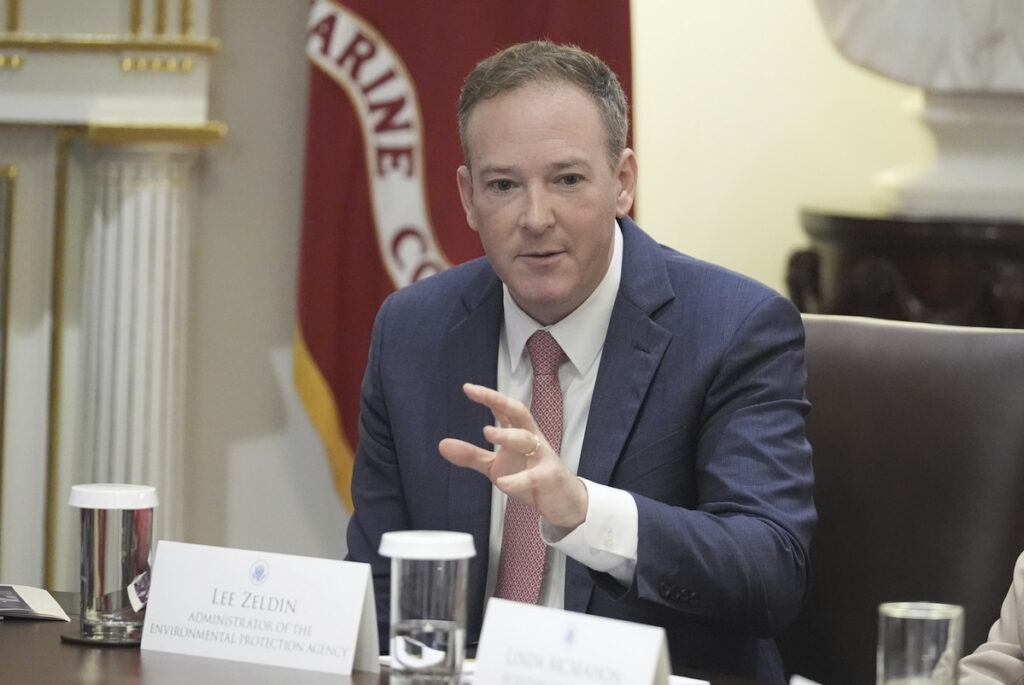In a case that could set the stage for future litigation over federal climate and environmental programs, a federal judge has dismissed a lawsuit challenging the termination of an Environmental Protection Agency (EPA) grant tied to environmental justice initiatives. The ruling not only resolves a specific dispute but may also carry broader implications for other high-profile funding battles, including challenges related to the Greenhouse Gas Reduction Fund.
This development is part of a larger national conversation about how federal climate funds are distributed, monitored, and—at times—pulled back. With billions of dollars tied to environmental justice and greenhouse gas reduction programs, the stakes are incredibly high for communities, advocates, and policymakers working to ensure that resources reach those most affected by pollution and climate change. For readers following the intersection of climate action and public accountability, this case is a clear example of how legal frameworks are shaping the future of environmental policy. Learn more about climate and environmental justice issues here.
Background: The EPA’s Environmental Justice Block Grants
The Environmental Justice (EJ) block grants were designed to channel federal funding into communities disproportionately impacted by environmental hazards—places where industrial pollution, unsafe drinking water, and climate change impacts often intersect with racial and economic inequities. These grants aim to empower local organizations, grassroots movements, and state and tribal governments to implement solutions that address environmental health risks while promoting long-term resilience.
However, disputes can arise when grantees and the federal government clash over compliance, reporting, or implementation. In this case, a recipient of one of these block grants sued the EPA after the agency moved to terminate the funding. The plaintiff argued that the termination was unlawful and would harm communities relying on the project.
The Court’s Ruling
The judge ultimately sided with the EPA, dismissing the lawsuit and affirming the agency’s authority to terminate grants under certain circumstances. The decision emphasized the discretion federal agencies hold in managing taxpayer-funded programs, particularly when concerns arise over accountability, performance, or compliance with program guidelines.
While the ruling brings closure to this specific dispute, it also sets a precedent that could influence future cases. Notably, ongoing legal challenges around the EPA’s administration of the Greenhouse Gas Reduction Fund—a multibillion-dollar program created under the Inflation Reduction Act—may now look to this case as a reference point.
Why This Matters for Climate Policy
The dismissal of this lawsuit underscores several critical points:
- Federal Oversight and Accountability: Agencies like the EPA have broad discretion to ensure grants are used effectively. If performance or compliance issues arise, termination is a tool they can legally use.
- Ripple Effects for Other Programs: Similar litigation tied to the Greenhouse Gas Reduction Fund, which is central to reducing U.S. emissions while boosting clean energy projects, may be influenced by this precedent.
- Impact on Communities: While the ruling clarifies legal authority, it also raises concerns that sudden funding cuts could leave vulnerable communities in limbo—particularly those that rely heavily on EJ block grants to address ongoing environmental health crises.
For communities disproportionately affected by climate change, the consistency and stability of funding streams are just as important as the existence of the programs themselves. The challenge ahead is balancing oversight with reliability so that frontline organizations can plan long-term solutions without fear of abrupt financial disruption.
Looking Ahead: Implications for the Greenhouse Gas Reduction Fund
The Greenhouse Gas Reduction Fund represents one of the most ambitious federal climate investments in U.S. history, dedicating $27 billion to clean energy projects, emissions reductions, and community-driven climate initiatives. With lawsuits already emerging over how funds are awarded and whether certain organizations qualify, this recent dismissal could embolden the EPA’s authority to defend its decisions and terminate funds when necessary.
However, advocates caution that the agency must tread carefully. If enforcement and oversight are perceived as overly heavy-handed, it could discourage smaller grassroots organizations from applying—precisely the groups that environmental justice funding is meant to empower.
Sustainable Action and the Path Forward
The court’s ruling is a reminder that climate action does not take place in a vacuum. Legal battles, federal oversight, and political debates all shape how resources are distributed—and whether vulnerable communities truly benefit.
As the U.S. accelerates its transition toward clean energy and more equitable climate solutions, transparency and accountability will remain key. But so too will stability, ensuring that projects can grow and thrive without fear of sudden funding disruptions.
The dismissal of the EPA grant termination lawsuit closes one chapter, but it opens the door to broader discussions about how we protect, administer, and deliver climate funding at scale. At the core is a fundamental truth: effective climate action depends not just on bold commitments, but on ensuring those commitments reach the communities that need them most.
For ongoing coverage and resources on climate and environmental justice, visit Sustainable Action Now’s climate section.


